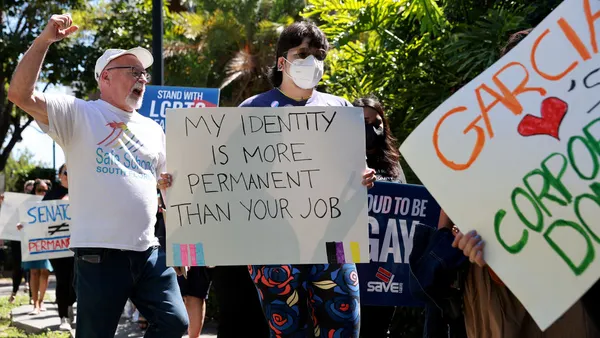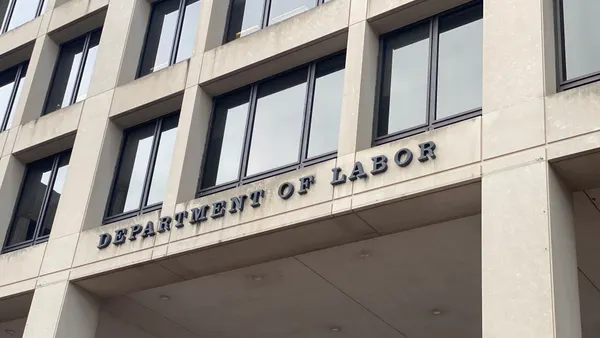Dive Brief:
- A Louisiana schoolteacher's failure to follow up on her obligation to let the school know whether she would be returning to work after medical leave was "fatal" to her claims of hostile work environment and retaliation (Howard v. St. John the Baptist Parish School Board, No. 18-32163 (5th Cir. July 17, 2019)).
- The teacher, Joann Howard, was approved for a two-semester medical sabbatical after providing a doctor's statement diagnosing her with major depressive illness and anxiety disorders. The following summer, Howard failed to submit a form indicating her intent to return to work, failed to provide the school board with a medical clearance, and failed to respond to the principal's inquiry about her intent to return to work. Howard was terminated, and she sued the school district alleging race bias, a hostile work environment, and retaliation.
- The trial court granted summary judgment to the school district, stating that Howard's failure to follow up on her duties was "glaringly fatal to her claims" and that Title VII was not intended to place the burden on employers to accommodate a plaintiff who "fails, for example, to fill out a simple form to indicate her intent to return to work." On appeal, the 5th U.S. Circuit Court of Appeals affirmed.
Dive Insight:
Disability-related inquiries and medical examinations of employees must be "job-related and consistent with business necessity," according to U.S. Equal Employment Opportunity Commission enforcement guidance.
An employer can require a medical examination when an employee who has been on leave for a medical condition wants to return to work if the employer has a reasonable belief that an employee's ability to perform essential job functions will be impaired. The examination must be limited, however, to what is needed to make an assessment of the employee's ability to work.
Employers should exercise good judgment in determining when medical documentation is necessary, Jill Luft, an attorney with Greensfelder, Hemker & Gale, P.C., previously told HR Dive. Requiring the employee to provide medical information from his or her health professional typically comes into play when the disability is largely invisible to the employer, such as migraines, diabetes or depression, Luft said.
When a disability and the need for accommodation is obvious, medical information from healthcare professionals is not necessary, Luft said. A face-to-face discussion between the employer and the employee regarding the employee's disability and the functional limitations posed by the disability is enough to determine what types of accommodations can be made that will allow the employee to perform the job, she said.
Employers may require that employees needing accommodation see a health care professional of the employer's choosing if the worker's physician provides insufficient information, the EEOC says.












